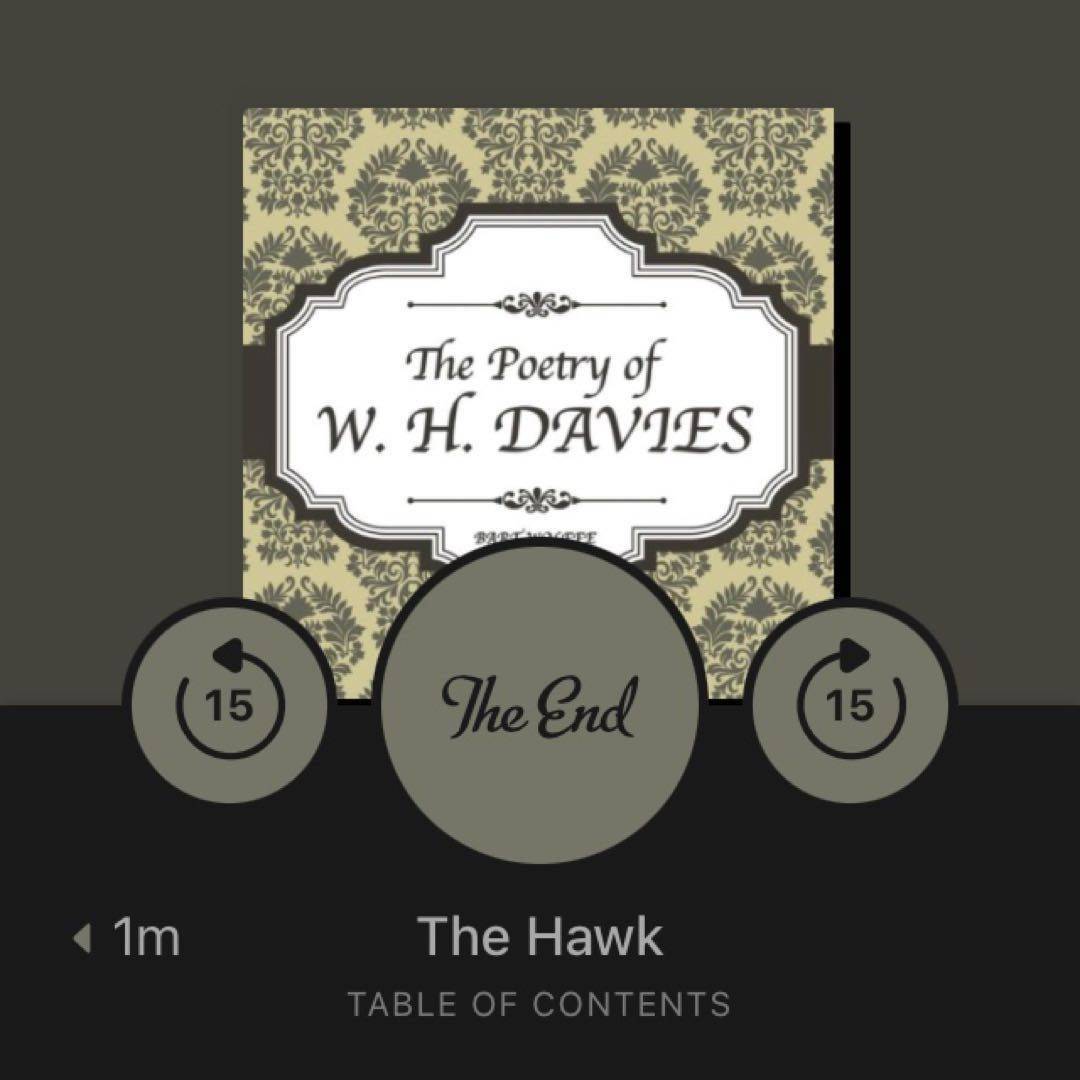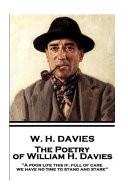The Poetry of W. H. Davies: "A Poor Life This If, Full of Care, We Have No Time to Stand and Stare" | W H Dvies
William Henry Davies was born in the Pillgwenlly district of Newport, Monmouthshire, Wales, a busy port on July 3rd, 1871. Davies seemed to find childhood difficult. By the age of 13 he was arrested, part of a gang of five schoolmates, and charged with stealing handbags. He was given twelve strokes of the birch. The following year, 1885, Davies wrote his first poem; "Death." His yearning was to travel. In a half dozen years, he crossed the Atlantic at least annually by working on cattle ships. He travelled through many of the states, sometimes begging, sometimes taking seasonal work, but would often spend any savings on a drinking spree with a fellow traveller. In London, he came across a newspaper story about the riches to be made in the Klondike and immediately set off to make his fortune in Canada. Attempting to jump a freight train at Renfrew, Ontario, on March 20th, 1899, he lost his footing and his right foot was crushed under the wheels of the train. The leg later had to be amputated below the knee and he wore a wooden prosthetic leg thereafter. On October 12th, 1905 Davies met the poet Edward Thomas, then the literary critic for the Daily Chronicle. Thomas rented for Davies a nearby tiny two-roomed cottage. Thomas now adopted the role of protective guardian as he helped Davies to develop his career. In 1907, the manuscript of The Autobiography of a Super-Tramp drew the attention of George Bernard Shaw, who agreed to write a preface. In 1911, Davies was awarded a Civil List Pension of 50, which later increased to 100 and then to 150. The Georgian poetry publisher Edward Marsh introduced him, in 1913, to DH Lawrence who was captivated by Davies and later invited him to Germany. Despite this early enthusiasm, Lawrence's opinion waned and he noted the newer verses seemed "so thin, one can hardly feel them." On February 5th, 1923, Davies married 23-year-old Helen Matilda Payne, at the Registry Office in East Grinstead in Sussex. His book Young Emma chronicles the relationship in a very frank and revealing way. Having second thoughts he retrieved the book from the publishers and it was only published after Helens death. He had met her near Marble Arch decanting from a bus wearing a "saucy-looking little velvet cap with tassels." At the time Helen was unmarried and pregnant. While living with Davies in London, before their marriage, Helen suffered an almost fatal miscarriage. Davies made over a dozen broadcasts for the BBC, reading his own work, between 1924 and 1940. Davies returned to Newport, in September 1938, for the unveiling of a plaque in his honour, and with an address given by the Poet Laureate John Masefield. His health had now deteriorated, and this proved to be his last public appearance. W. H. Davies' health continued to worsen and he died, on September 26th, 1940, at the age of 69.



















